German farmers descend on Berlin with tractors in protest against plans to scrap diesel tax break
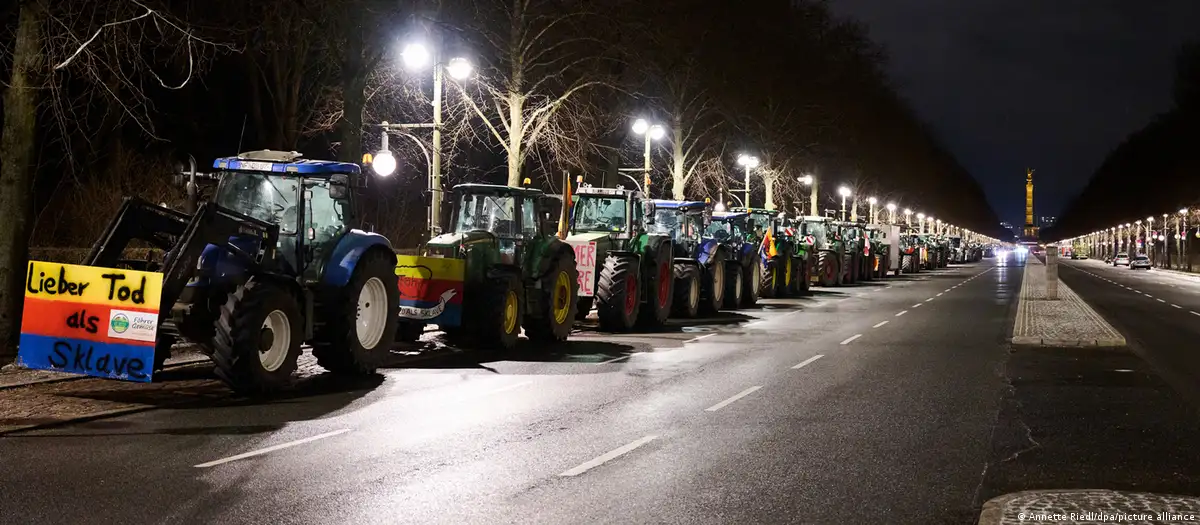
The protest caps off a week-long demonstration against a plan to cut farmers’ fuel subsidies.
Protesters in front of the Brandenburg Gate in Berlin had signs attached to their tractors with signs like ‘No farmers, no future’.
Where are the farmers’ protests causing disruption?
Around 3,000 tractors, 2,000 trucks and 10,000 people are expected to descend on the German capital on Monday 15 January, with many gathering on the avenue leading to the Brandenburg Gate from Sunday evening.
As the epicentre of the demonstration is now crowded, protesters have been asked by police to spread out to other areas of Berlin, including Charlottenburg.
Last week, farmers blocked motorway slip roads with hundreds of tractors in the northeastern state of Mecklenburg-Western Pomerania. They were supported by haulage companies protesting against the increase in lorry tolls.
German farmers descend on Berlin with tractors in protest against plans to scrap diesel tax break
In the district of Cloppenburg in northwest Lower Saxony, a main road was blocked by 40 vehicles last Monday. In Saxony, according to police, some motorway slip roads in the Dresden area were unusable.
Production at a Volkswagen auto plant in Emden in northwestern Germany was stopped because access roads were blocked, preventing employees from getting to work, German news agency dpa reported.
Why are German farmers protesting?
There was a similar protest in December when German Chancellor Olaf Scholz’s unpopular three-party coalition infuriated farmers by drawing up plans to abolish a car tax exemption for farming vehicles and the diesel tax breaks. The proposals were part of a package to fill a €17 billion hole in the 2024 budget.
Last week the government climbed down partially, saying that the car tax exemption would be retained and the cuts in the diesel tax breaks would be staggered over three years.
But the German Farmers’ Association said it was still insisting on the plans being reversed fully and would go ahead with a “week of action” starting last Monday (8 January).
The protests are under scrutiny after a group of farmers prevented Vice Chancellor Robert Habeck from disembarking a ferry on 11 January. He was at a small North Sea port returning from a personal trip to an offshore island.
That incident drew condemnation from government and opposition figures and the farmers’ association.
Authorities have warned that far-right groups and others could try to capitalise on the protests. Farmers’ association chairman Joachim Rukwied told the Bild am Sonntag newspaper that “we don’t want to have right-wing and other radical groups” at the demonstrations.
The plan to scrap the tax breaks resulted from the need to fill a large hole in the 2024 budget.
READ: Man Sues Guinness World Record For Giving Him An Award (Full Video Here)
The budget revamp that included the disputed cuts was required after Germany’s highest court annulled an earlier decision to repurpose €60 billion originally meant to cushion the fallout from the COVID-19 pandemic for measures to help combat climate change and modernise the country. The manoeuvre fell afoul of Germany’s strict self-imposed limits on running up debt.
The farmers’ protests comes at a time of deep general discontent with the Scholz’s centre-left three-party government, which has become notorious for frequent public squabbles. Scholz acknowledged concerns that go well beyond farming subsidies, saying that crises, conflicts and worries about the future are unsettling people.
Send Stories | Social Media | Disclaimer
Send Stories and Articles for publication to [email protected]
We Are Active On Social Media
WhatsApp Channel: JOIN HERE
2024 BECE and WASSCE Channel - JOIN HERE
Facebook: JOIN HERE
Telegram: JOIN HERE
Twitter: FOLLOW US HERE
Instagram: FOLLOW US HERE
Disclaimer:
The information contained in this post on Ghana Education News is for general information purposes only. While we endeavour to keep the information up to date and correct, we make no representations or warranties of any kind, express or implied, about the completeness, accuracy, reliability, suitability or availability with respect to the website or the information, products, services, or related graphics contained on the post for any purpose.

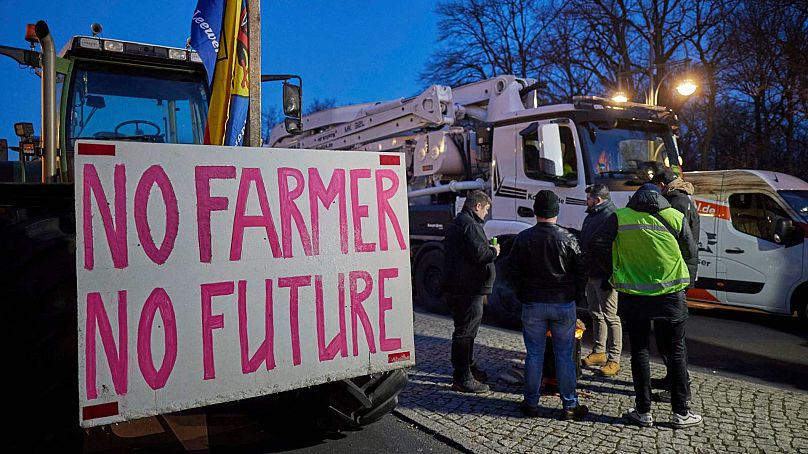

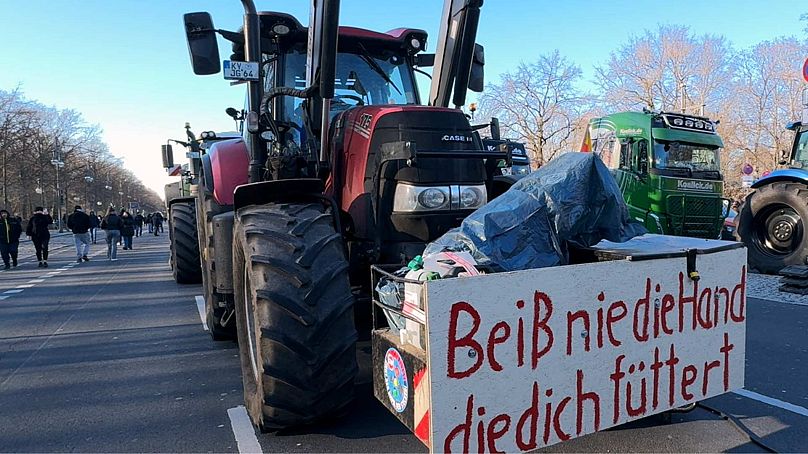
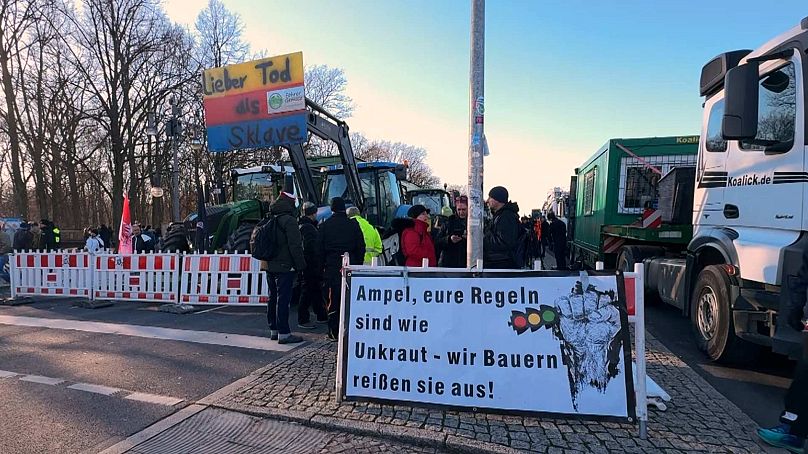


 Ghana’s Education Ministry Responds to Alleged Poor Ranking in Legatum Prosperity Index
Ghana’s Education Ministry Responds to Alleged Poor Ranking in Legatum Prosperity Index  Only 44% of primary schools, 63.9% of JHSs had access to electricity by 2020 — EduWatch
Only 44% of primary schools, 63.9% of JHSs had access to electricity by 2020 — EduWatch 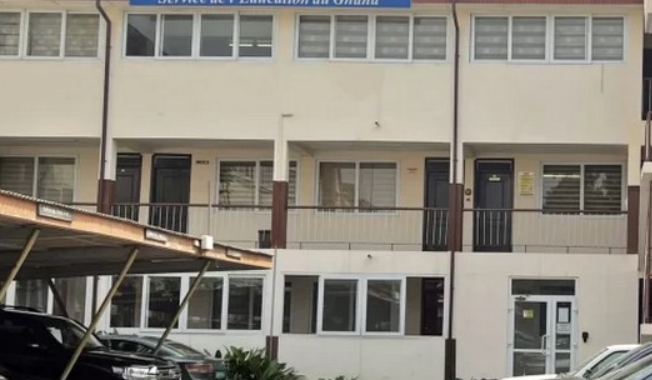 GES Announces Recruitment for 2022 College of Education Batch
GES Announces Recruitment for 2022 College of Education Batch  2024 BECE English Language Letter Writing Questions For Candidates
2024 BECE English Language Letter Writing Questions For Candidates  10 rules and tricks for answering BECE and WASSCE essay questions
10 rules and tricks for answering BECE and WASSCE essay questions  Tips on How To Answer BECE 2024 English Language Essay Questions
Tips on How To Answer BECE 2024 English Language Essay Questions